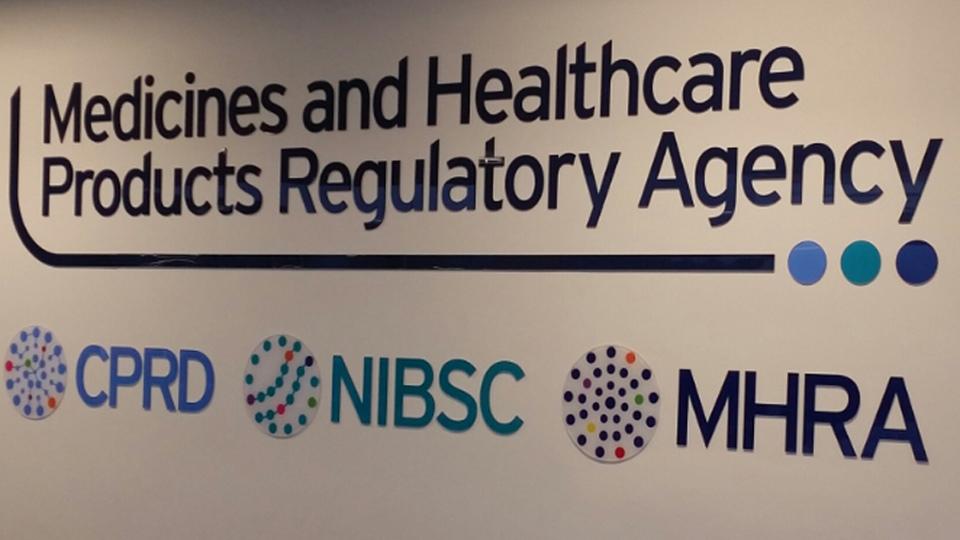MHRA okays first drug under new mutual recognition scheme

A new formulation of Amgen’s cancer treatment Xgeva is the first to be approved in the UK under a new procedure designed to speed up access to new therapies.
The Medicines and Healthcare products Regulatory Agency (MHRA) has cleared a prefilled syringe version of Xgeva (denosumab) – used to treat a form of bone cancer, as well as some tumours that have spread to bone from other areas of the body – under the International Recognition Procedure (IRP) introduced at the start of the year.
The new product was approved in 30 days via the IRP, which was developed as a consequence of the UK’s departure from the EU and replaces the European Commission’s centralised procedure (ECDRP), which came to an end on 31st December last year.
In a statement, the MHRA said the IRP allows “medicines that have been approved in other countries with stringent regulators will get to UK patients without delay, resulting in a more rapid, efficient, and cost-effective process for life sciences companies.”
The prefilled syringe version of Xgeva can be self-administered by patients or given by healthcare workers and offers a more convenient option than the current vial formulation of the drug, simplifying administration, reducing the amount of liquid that needs to be injected, and helping to avoid dosing errors.
Its approval by the MHRA follows a positive opinion from the EMA’s human medicines committee, the CHMP, on 25th January. The IRP route is open to marketing applications that have been granted in Australia, Canada, the EU, Japan, Switzerland, Singapore, and the US.
Industry has been broadly in favour of the new option, with the Association of the British Pharmaceutical Industry (ABPI) saying it gives regulatory flexibility, but it has some limitations.
For example, most innovative products will fall under a category that can have the review paused via a ‘clock stop’, which the trade organisation has said is not as favourable as the ECDRP. The UK government, meanwhile, has held the IRP up as an example of the freedom afforded by Brexit.
“I’m very pleased to announce that we have granted the first approval through IRP in 30 days, demonstrating that this new process for bringing new medicines to UK patients is well under way,” commented MHRA interim executive director Julian Beach.
“We’re assured that the appropriate regulatory standards for the approval of this medicine have been met,” he added. “As with all products, we will keep its safety under close review.”













